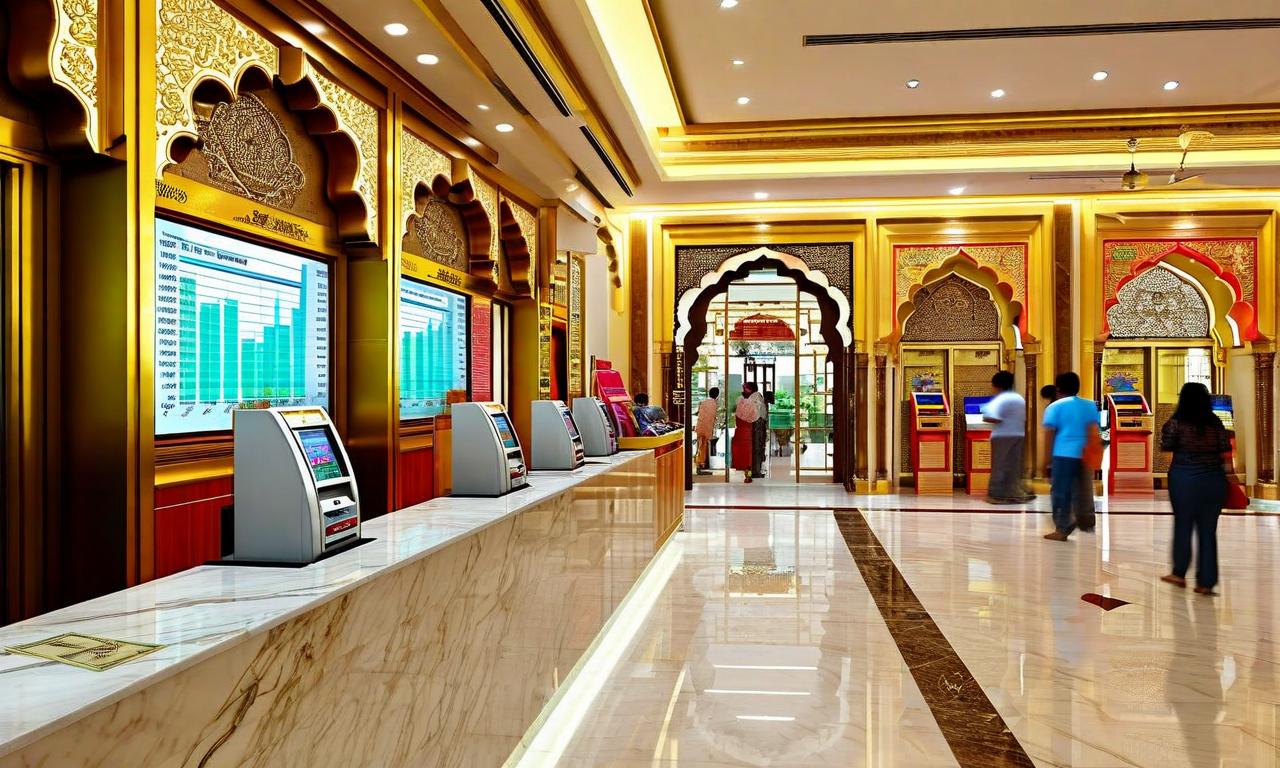GST Slab Overhaul: Mixed Impact Across Multiple Sectors
The Indian government's GST slab revisions are set to affect various sectors. Automotive industry benefits with reduced rates for smaller vehicles, while luxury motorcycles face higher taxes. Construction sector may see cement prices drop. Consumer goods and FMCG sectors experience mixed impacts. Hospitality sees rate cuts for certain hotels, and traditional insurance plans become GST-exempt. Renewable energy gains with lower GST on solar cells, but thermal power faces challenges. Textile industry experiences both reductions and increases depending on product category.

*this image is generated using AI for illustrative purposes only.
The Indian government's recent announcement of Goods and Services Tax (GST) slab changes is set to have far-reaching effects across various sectors of the economy. The move is expected to boost consumption and drive economic growth, albeit with varying impacts on different industries.
Automotive Sector: A Major Beneficiary
The automotive industry emerges as a significant beneficiary of the GST revisions:
- Two-wheelers below 350cc and cars below 1,200cc: GST rate reduced from 28% to 18%
- Potential beneficiaries: Mahindra & Mahindra, Maruti Suzuki, and Escorts Kubota
- Motorcycles above 350cc: GST rate set to increase from 31% to 40% (potential setback for Eicher Motors and Bajaj Auto)
Construction and Real Estate: Cement Prices May Drop
- GST on cement reduced from 28% to 18%
- Potential price drop: ₹25-30 per 50kg bag of cement
- Beneficiaries: UltraTech and Ambuja Cement
- Expected to stimulate construction activity and potentially lead to cost savings for homebuyers
Consumer Goods and FMCG: Mixed Blessings
- Consumer durables: Reduced GST rates on appliances (benefiting Voltas, Blue Star, and Havells)
- FMCG sector: GST rates dropping to 5% from 12-18% for various products (benefiting Hindustan Unilever, Marico, and Britannia)
Hospitality and Insurance: Rate Cuts and Exemptions
- Hospitality: GST reduced to 5% from 12% for hotels with room rates below ₹7,500
- Insurance: Traditional plans now exempt from 18% GST, but losing input tax credit benefits
Energy Sector: Renewable Gains, Thermal Challenges
- Renewable energy: GST on solar cells reduced from 12% to 5%
- Thermal power: GST on coal set to rise from 5% to 18% (potential increase in electricity prices)
Textile Industry: Mixed Impact
- Most textile products: Benefit from rate reductions
- High-end fashion: GST increase from 12% to 18%
Conclusion
The GST slab rationalization aims to simplify the tax structure and boost economic activity. While some sectors stand to gain substantially, others may face challenges in adjusting to the new tax regime. The overall impact on consumption and economic growth remains to be seen as these changes take effect and businesses adapt to the new tax landscape.
























